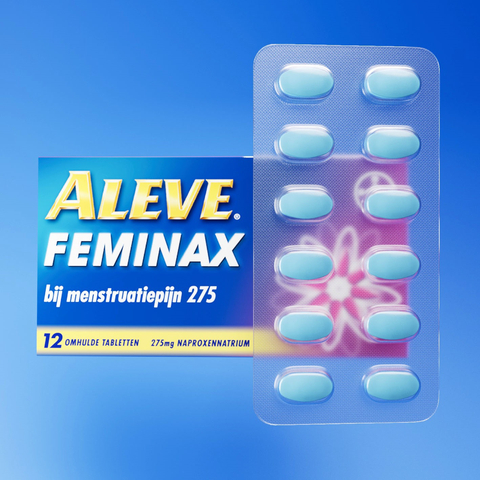
BASEL, Switzerland– Bayer has launched a first-of-its-kind in the healthcare industry, polyethylene terephthalate (PET) blister packaging on its renowned brand, Aleve. Realized in partnership with pharma packaging specialist Liveo Research, this innovative solution reduces the carbon footprint of this packaging by 38%1 and marks a stride in environmental stewardship by eliminating the use of polyvinyl chloride (PVC). Blister packaging, widely used in over-the-counter products, has long posed a challenge for environmental sustainability due to its multilayer composition of plastic and aluminum, which makes it hard to sort and recycle. Launching first in the Netherlands, in the coming years, the company has the ambition to replace all of its blister packaging with more sustainable alternatives.
With the launch of this new blister packaging, Bayer is:
- Decreasing the per unit carbon footprint of this packaging by 38%
- Reducing factors that contribute to biodiversity loss by using 78% less water and 53% less land (per unit).
- Lightweighting the package by 18% (per unit) compared with the current packaging
The market launch is the result of many years of extensive preparation and cooperation between the experts at Bayer and Liveo Research.
“Our goal is to transform our packaging to deliver remarkable experiences to our consumers while minimizing our environmental impact and ultimately creating circular solutions,” said Chris Padain, Vice President and Global Head of Design, Packaging, Product Experience & Sustainability for Bayer’s Consumer Health division. “With its improved carbon footprint and decreased impact on water use and land, we’re proud of this step forward in our journey towards environmental sustainability.”
“With the introduction of our PET One-Material Blister into Bayer’s Aleve product range, we’ve proven that more sustainable blister packaging is possible on a large, global scale. Waste and CO2 can already be saved today,” says Dr. Carsten Heldmann, CEO of Liveo Research. “As a specialized pharmaceutical packaging company, we will continue to support this industry to deliver their sustainability targets while complying with the strict regulatory requirements.”
PET is a widely used recyclable plastic in other industries. While transitioning over-the-counter medicine packaging from PVC to PET is a step forward in sustainable packaging, change within the recycling industry is required to ensure innovations like this become part of the circular economy. Bayer is working across the industry in partnership with the Global Self-Care Federation and the Blister Pack Collective, and recently joined The Recycling Partnership, to accelerate progress and create systemic change. This includes driving research on new ways to package non-prescription medicines and design circular packaging solutions while maintaining product efficacy, quality and safety as well as working with partners across the value chain to innovate packaging solutions and improve recycling infrastructure.

